Explore the Capabilities of Mosquito Management Trucks
Like cell phones, computers, and domestic beer, today’s adult mosquito fogging trucks bear little resemblance to their predecessors from the not too distant past. While Ultra Low Volume (ULV) fogging machines have been in use for decades the technology to collect data, map, and apply pesticides in the pursuit of controlling adult mosquito populations is as cutting-edge as never before. The utilization of such technology allows mosquito control professionals across the country to practice adult mosquito control via a “science on wheels” approach which places primacy on accuracy, efficacy, and safety as well as the capacity to generate information useful and frequently necessary for clients in addition to helping the employee performing the application.
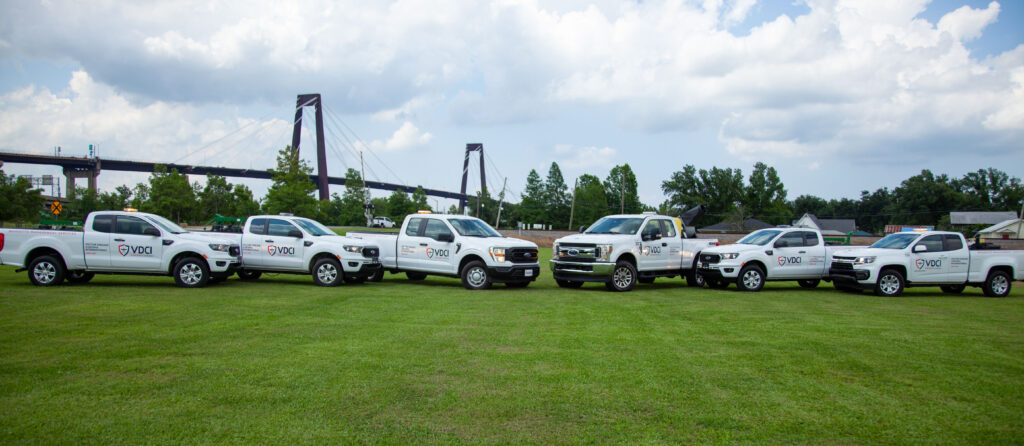
On-Board Computers
Laptops or notebook computers are increasingly becoming standard on mosquito fogging trucks throughout the nation with mission-specific software designed by fellow mosquito control experts well-versed in the unique workings of the industry. More than a few such people have spent time in the past behind the wheel of a fogging truck themselves, often frustrated dealing with subpar or technologically inferior equipment. Their practical collective firsthand knowledge resulted in the creation of a set of tools based on real-world experience. This, in turn, allows for customization, flexibility, and reliability when responding to customer needs and requests.
Mobile Mapping
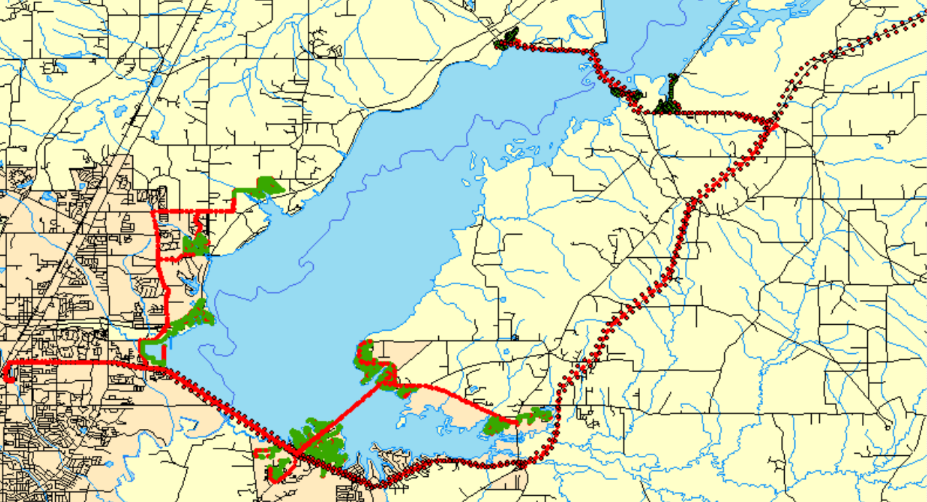
Fogging trucks in professional mosquito control fleets are also increasingly equipped with GPS enabled location technology that allows the driver to not only see where he or she is going but the capability to generate a detailed map that can be utilized for future driver use, given to a client or inquiring resident, placed on a community website, etc. Such maps are also often necessary to properly satisfy compliance with a state, county or municipality’s regulatory agency. GPS can also be used to regulate pesticide flow rate, increasing or decreasing said rate depending on the speed of the truck, thereby ensuring an even discharge throughout the application. Such satellite-guided on the ground technology was all but unthinkable even a scant five years ago. Today it is a profession-wide reality the result of which are levels of pesticide application and monitoring accuracy heretofore all but unknown.
Modern Mosquito Fogging Equipment
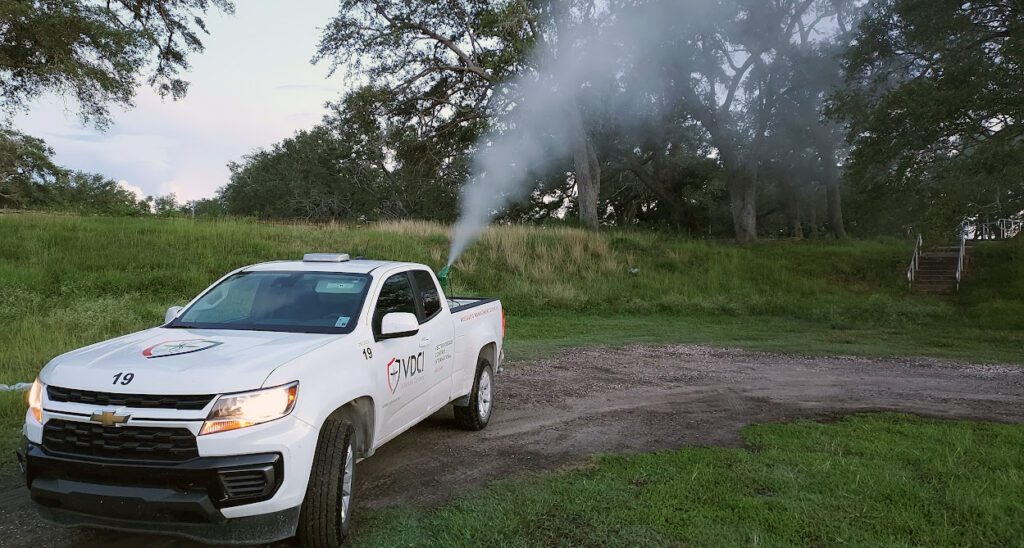
Of course, even the best technology is all but worthless if the fogging equipment itself is not properly working. Many mosquito control operations are in the midst of updating ULV fogging machines throughout the country, replacing older models with new ones more suited to today’s technology and standardizing the types of machines used as much as possible. Not only will this create logistical consistency throughout a company, but it also allows ease of troubleshooting should issues arise. Properly maintained by employees specifically trained for such duties, these new fleets of fogging machines will provide customers at every level with an effective, reliable, precise, and data-driven means to control adult mosquitoes for years to come.
Adopting Technology to Protect Public Health
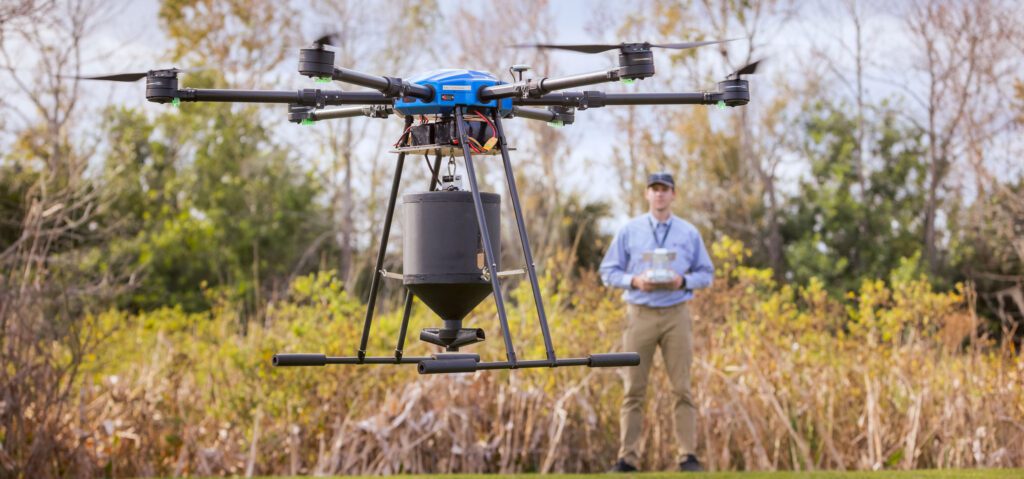
In the past much pesticide-related data collection, notation, and application were accomplished by means of educated guesswork at best, which, for obvious reasons, is simply no longer a sustainable or even desirable approach. The industry’s eager and on-going adoption of mosquito-specific, current day technology replaces conjecture with facts, speculation with data, invaluably aiding in management decisions that should improve our industry’s standing with our customers and the public at large. This science on wheels approach provides the answers to the who, what, when, where, why, and how questions and requirements increasingly posed to and expected of mosquito control professionals across the country. The industry is active in creating many of the technologies surfacing, and national and global mosquito control teams are grateful for the new tools to support the common mission to protect public health.
Contact Us to Learn More About Effective Mosquito Prevention Strategies:
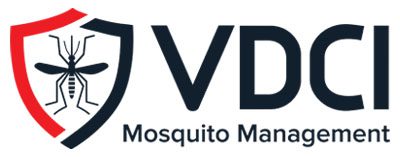 Since 1992, Vector Disease Control International (VDCI) has taken pride in providing municipalities, mosquito abatement districts, industrial sites, planned communities, homeowners associations, and golf courses with the tools they need to run effective mosquito control programs. We are determined to protect the public health of the communities in which we operate. Our mosquito control professionals have over 100 years of combined experience in the field of public health, specifically vector disease control. We strive to provide the most effective and scientifically sound mosquito surveillance and control programs possible based on an Integrated Mosquito Management approach recommended by the American Mosquito Control Association (AMCA) and Centers for Disease Control and Prevention (CDC). VDCI is the only company in the country that can manage all aspects of an integrated mosquito management program, from surveillance to disease testing to aerial application in emergency situations.
Since 1992, Vector Disease Control International (VDCI) has taken pride in providing municipalities, mosquito abatement districts, industrial sites, planned communities, homeowners associations, and golf courses with the tools they need to run effective mosquito control programs. We are determined to protect the public health of the communities in which we operate. Our mosquito control professionals have over 100 years of combined experience in the field of public health, specifically vector disease control. We strive to provide the most effective and scientifically sound mosquito surveillance and control programs possible based on an Integrated Mosquito Management approach recommended by the American Mosquito Control Association (AMCA) and Centers for Disease Control and Prevention (CDC). VDCI is the only company in the country that can manage all aspects of an integrated mosquito management program, from surveillance to disease testing to aerial application in emergency situations.

